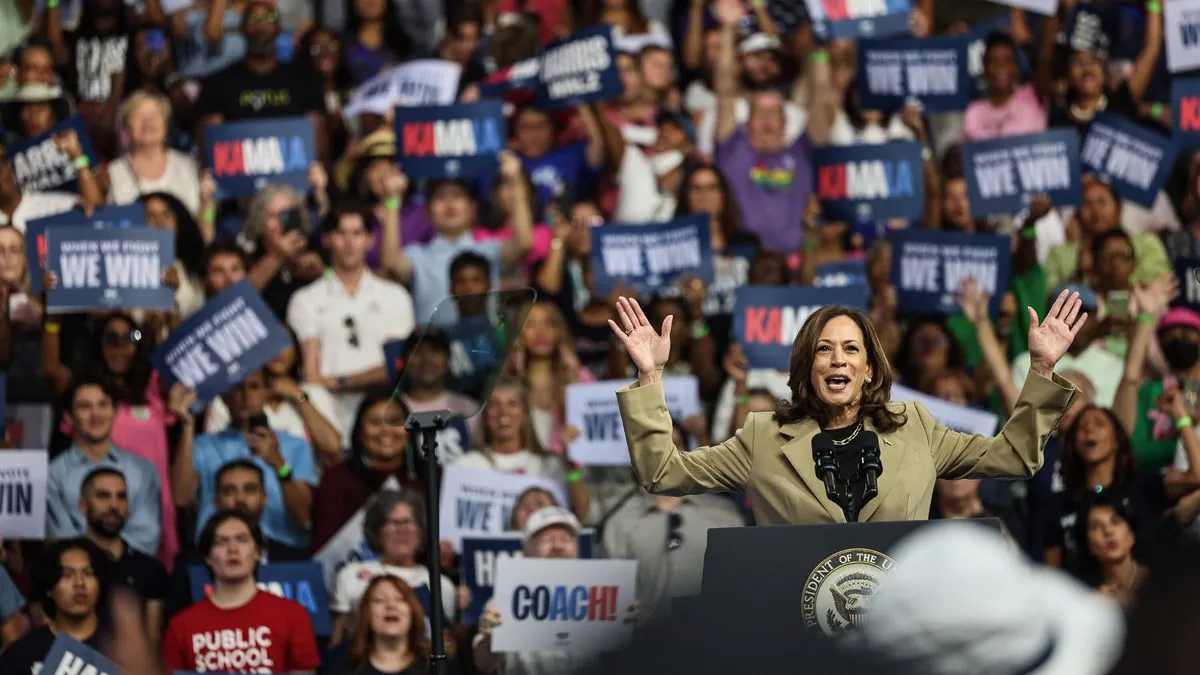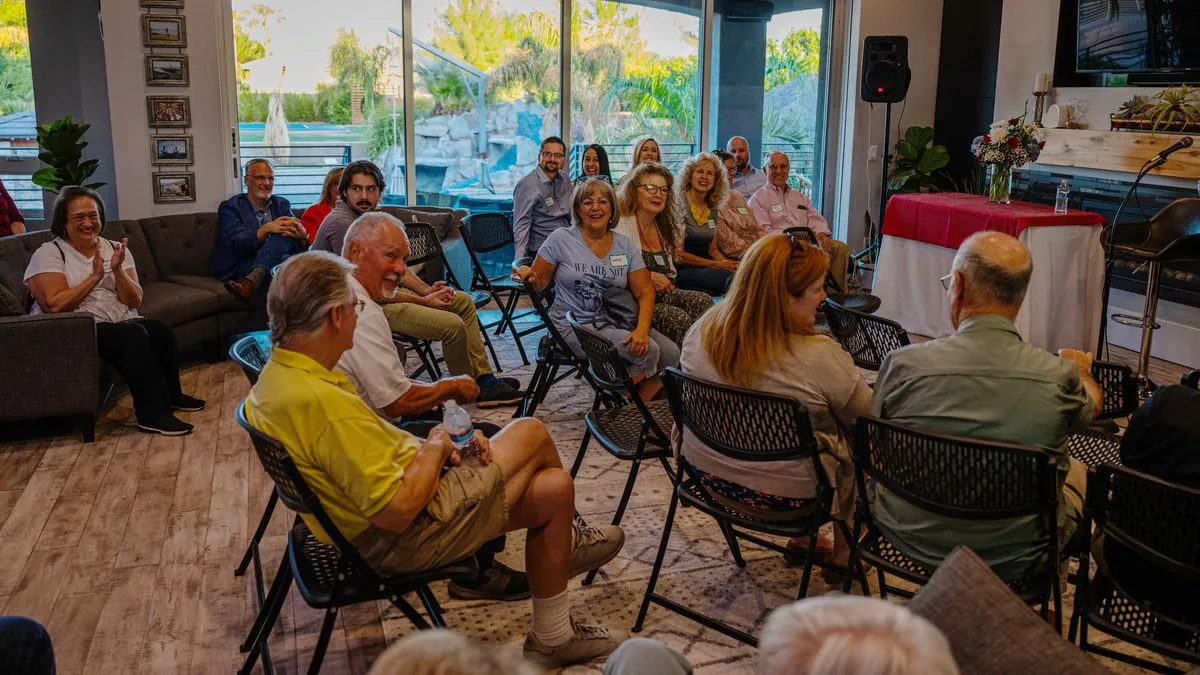Harris and Trump Rally Support Amid Mormon Outreach and Protest Concerns
Presidential candidates make key appearances as Harris targets Mormon voters and faces protest movement challenges. Trump addresses anti-Semitism event, while both camps strategize for crucial voter support.

As the 2024 U.S. presidential election approaches, both major candidates are intensifying their efforts to secure crucial voter support. Vice President Kamala Harris and former President Donald Trump are making strategic appearances to energize their respective bases.
Harris is set to participate in a livestream with Oprah Winfrey, who has endorsed the Vice President and previously spoke at the Democratic National Convention in August 2024. This event aims to leverage Winfrey's influence, given her status as a prominent media figure and philanthropist.
Meanwhile, Trump is scheduled to address a "Fighting Anti-Semitism in America" event in Washington, alongside Miriam Adelson. Adelson, a co-owner of the NBA's Dallas Mavericks, is the widow of Sheldon Adelson, the late billionaire casino magnate who founded the Las Vegas Sands and was a significant Republican Party donor.

In a notable campaign strategy, Harris is amplifying her outreach to Mormon voters in the battleground state of Arizona. With approximately 450,000 members of the Church of Jesus Christ of Latter-day Saints in Arizona, comprising about 6% of the state's population, this demographic could prove pivotal in what is anticipated to be a closely contested race.
The Harris campaign has announced an advisory committee to formalize engagement with current and former church members. This move acknowledges the historical tendency of Latter-day Saints to vote Republican, with about 70% supporting Trump in the 2020 election, according to AP VoteCast data.
However, Harris faces challenges beyond courting Mormon voters. Leaders of a Democratic protest movement against the Israel-Hamas war have stated they will not endorse her presidential bid. The "Uncommitted" movement, which garnered hundreds of thousands of votes in Democratic primaries earlier this year, has expressed dissatisfaction with the administration's handling of the conflict.
Despite their refusal to endorse Harris, the protest movement leaders have strongly urged their supporters to vote against Trump in November. They emphasized the importance of registering "anti-Trump votes" and participating in down-ballot races, while cautioning against supporting third-party candidates who might inadvertently contribute to a Trump presidency.
"Harris' unwillingness to shift on unconditional weapons policy or to even make a clear campaign statement in support of upholding existing U.S. and international human rights law has made it impossible for us to endorse her."
As both campaigns navigate these complex political landscapes, the outcome of the 2024 election remains uncertain. With voter turnout in U.S. presidential elections typically ranging from 50% to 60% of eligible voters, every demographic and interest group could play a crucial role in determining the next occupant of the White House.


































